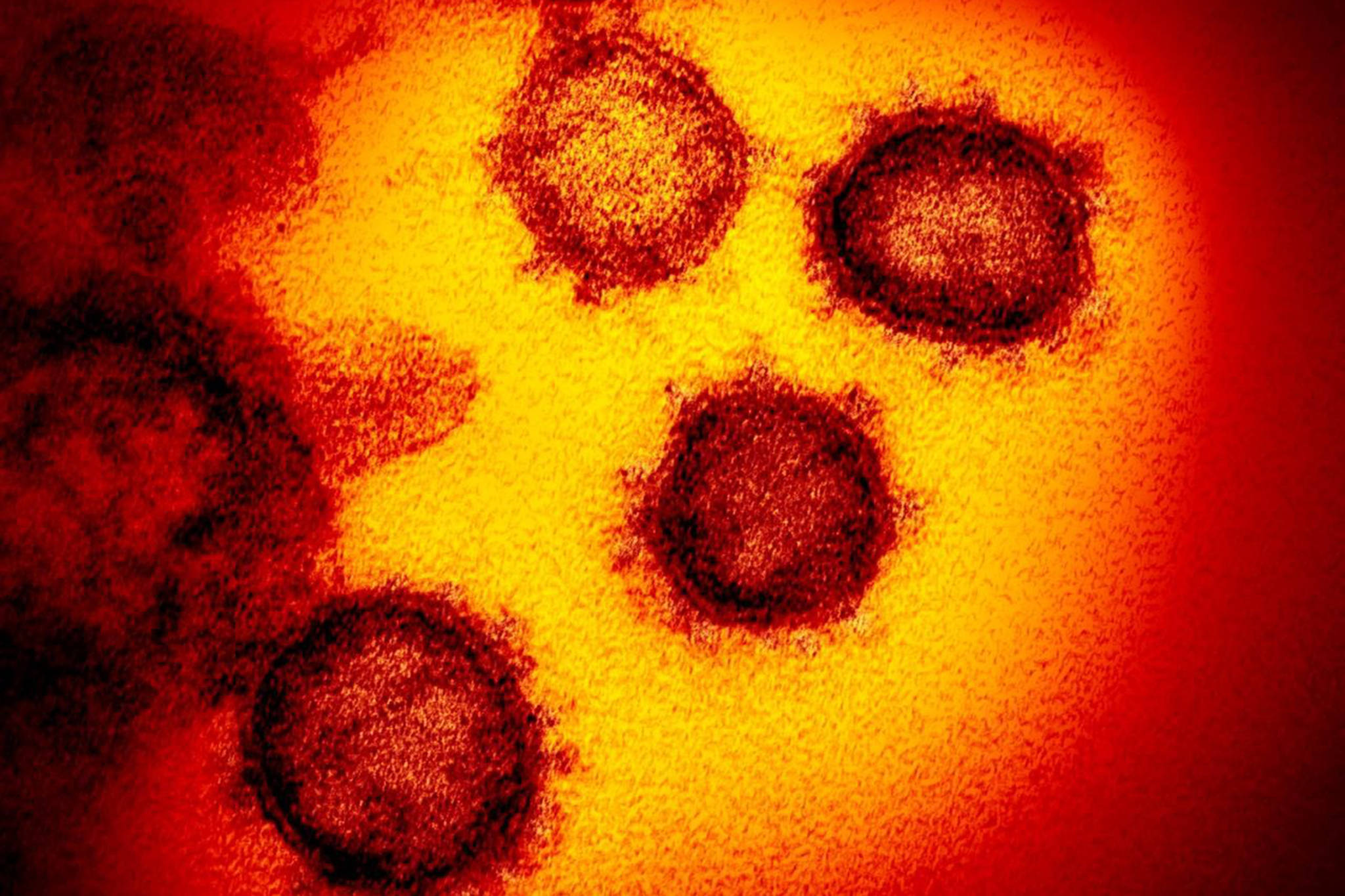By Rich Moniak
Right now, the delta variant accounts for more than a quarter of America’s new COVID-19 cases. It’s likely to become the dominant strain fairly soon. And if that causes a new round of hardships in Alaska, Gov. Mike Dunleavy will be partly to blame.
Early studies indicate the delta is more contagious, affects younger people more often, and will put a higher percentage of infected people in the hospital. Vaccines aren’t as effective against it as they are for the original strain and other variants. Fortunately, the likelihood of it causing serious illness in fully vaccinated people is still extremely low.
In Juneau, we’ve reached the goal set by President Joe Biden of having 70% of all residents over 12-years-old fully vaccinated, according to state Department of Health and Social Services data. But the statewide average is only 51%. And near the rear among Alaskan communities at 35% as of Friday morning is the Matanuska-Susitna Borough, which Dunleavy calls home.
“Vaccination is a choice and it will not be mandated by the state,” he said in April, “but I hope you consider it. I’m getting the vaccine because I want to help Alaska businesses get back to work and do the things we all love to do as Alaskans.”
To be sure, people have balked at getting vaccinated for reasons unrelated to partisan politics. A small percentage of the population claims it hasn’t been readily available. People without sick leave benefits worry that even minor side effects will cost them a few days’ pay. Others don’t trust the rapid development, testing and approval of the vaccines. Or anything the government recommends.
But it’s impossible to ignore the political demographics. Like the statistical difference between Juneau and the Mat-Su, the evidence is easily visible at every COVID tracking site. No so-called red state has a higher percentage of vaccinated adults than any blue state.
Last weekend, a few Republican governors made public pleas to citizens of their states. “If you’re not vaccinated,” Gov. Jim Justice bluntly warned West Virginians, “you’re part of the problem rather than part of the solution.”
Gov. Asa Hutchinson worried there would be more disruptions “in the next school year and over the winter” unless a lot more people in Arkansas get vaccinated.
The problem is they were reaching out on the wrong network. They should have been on Fox News, not CNN.
Better still, ask Donald Trump to join them on any news program.
In a March interview on Fox News, the former president discussed his pandemic policies.
“The key was always going to be the vaccine,” he said. Taking credit for risking production before testing was complete, he added “it works incredibly well … and it’s certainly saving our country.”
He also disclosed that he got vaccinated before leaving the White House and recommended it for almost everyone.
However, the vaccination data suggests his recommendation didn’t make much of a difference. And aside from the Fox News interview, he’s mostly been silent on the issue.
Trump wouldn’t be able to ignore the vaccine question if he’d been reelected. He might’ve even become a more vocal vaccination advocate than Biden. Governors like Dunleavy, Justice, Hutchinson would be relying on him to encourage more people in their respective states to get vaccinated.
The question is — would Trump supporters trust him enough to do it? Or did he sabotage the program he’d like credit for by repeatedly challenging the judgement of health experts and downplaying the threat of COVID?
It shouldn’t be hard to remember Trump’s erratic assessments. In a matter of weeks, he went from predicting 15 cases would soon be zero to declaring a national emergency. He followed that by insisting the economy be back to normal by Easter. The following month he said he was anticipated having “a vaccine in the pretty near future,” but added “if we don’t, … at some point, it’ll go away.”
Soon after, America recorded its 100,000th death. Now we’re over 600,000.
The good news is vaccinations have led to a steady decline in COVID deaths and hospitalizations. But we’d be in a better position if Dunleavy and others hadn’t allowed Trump’s “it’ll go away” to become a common COVID narrative in Republican circles. And we’ll all be in trouble if the delta variant spreads and mutates to a vaccine-resistant strain.

